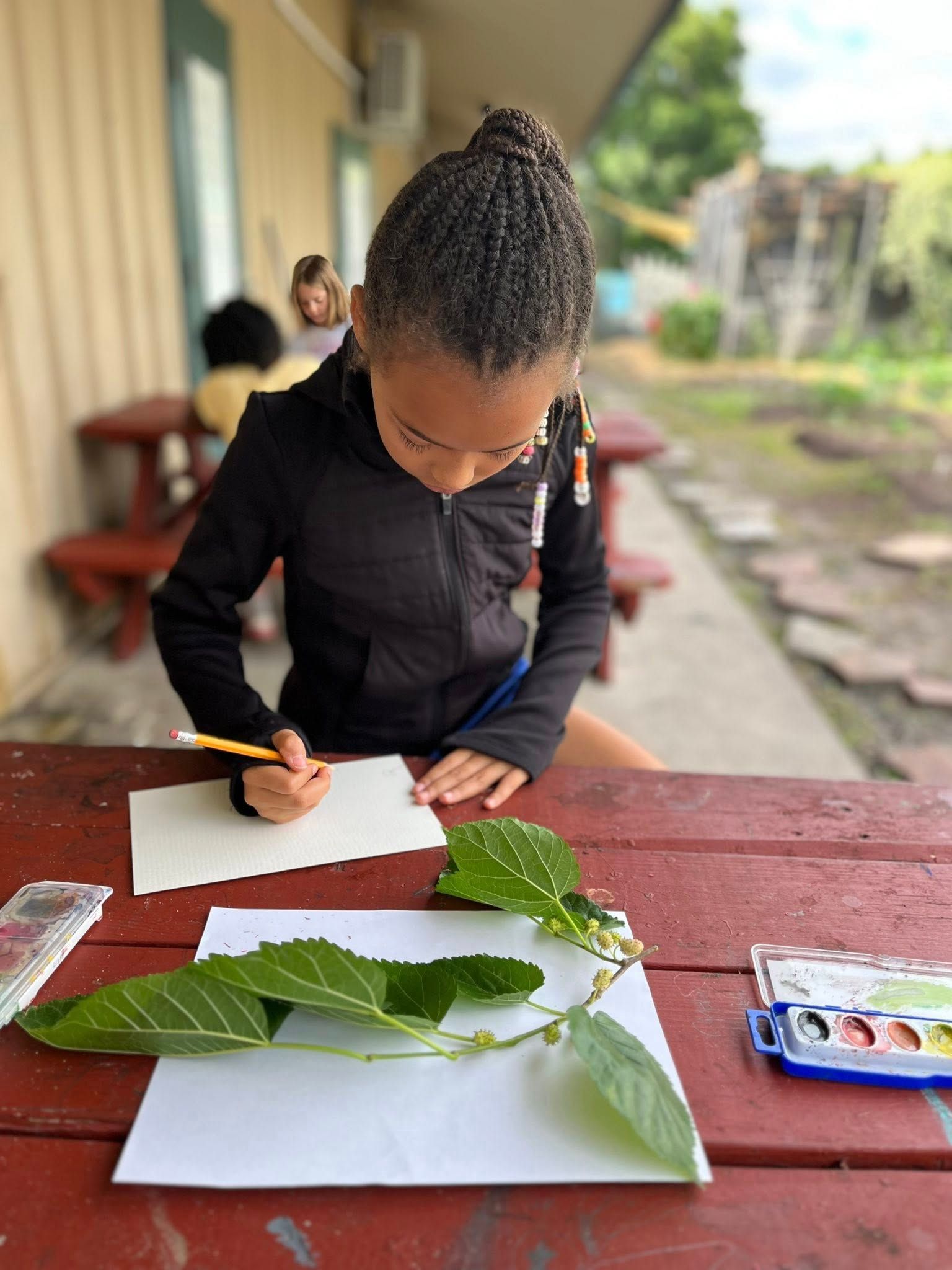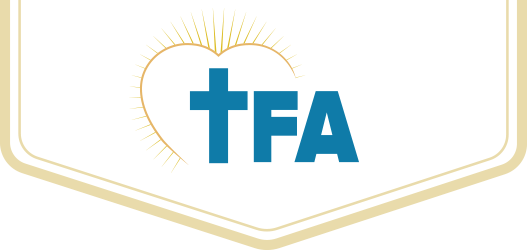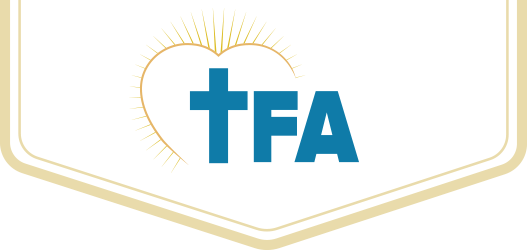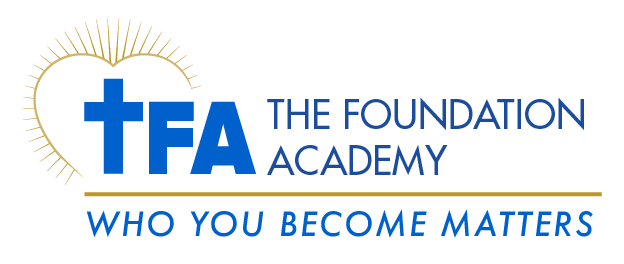TFA Driving Principles
“The question to be asked at the end of an educational step is not ‘What has a student learned?’
but ‘What has the student become?’ - James Munroe
“Education must not simply teach work – it must teach Life. “ – W. E. B. Du Bois
Learning To Use One's Mind Well
The Foundation Academy focuses on helping young people learn to use their minds well. TFA central purpose is to explore problems framed through Mathematics, Science, Arts and Technology. Exploration uses 15 Essential Skills divided into Habits of the Mind: Philosophizing, Evaluating, Organizing, Analyzing, Comparing, Abstracting, Discriminating, and Analyzing Perspective and ComTFA'smunication Skills: Listening, Questioning, Clarifying, Sequencing, Arguing, Paraphrasing and Storytelling.
Less Is More: Depth Over Coverage
TFA’s goals should be simple: that each student master a limited number of essential skills and areas of knowledge. While these skills and areas will, to varying degrees, reflect the traditional academic disciplines, the program's design is shaped by the intellectual and imaginative powers and competencies that the students need, rather than by "subjects" as conventionally defined. The aphorism "less is more" dominates: curricular decisions are guided by the aim of thorough student mastery and achievement rather than by an effort to merely cover content.
Goals Apply To All Students
The school's goals apply to all students, while the means to these goals will vary as those students themselves vary. School practice is designed to meet the needs of individual students.
Personalization
Teaching and learning are personalized to the maximum feasible extent. Efforts are directed toward the goal that no teacher has direct responsibility for more than 20 students in the Jr./high school and 15 in middle school and no more than 15 in the elementary school. To capitalize on this personalization, decisions about the details of the course of study, the use of students' and teachers' time and the choice of teaching materials and specific pedagogies must be unreservedly placed in the hands of the principal and Teachers. Shared leadership through PO advisory meetings. The PO’s disseminate and direct all teachers input back through Macro and Micro meetings in the JR/HS 8-12th teams, Middle School 6/7thtrams. And K-5 Elementary teams
Student-As-Worker, Teacher-As-Coach
The governing practical metaphor of the school is "student-as-worker", rather than the more familiar metaphor of "teacher as deliverer of instructional services." Accordingly, a prominent pedagogy is coaching students to learn how to learn and thus to teach themselves.
Demonstration Of Mastery
Teaching and learning should be documented and assessed with tools based on student performance of real tasks. Students not yet at appropriate levels of competence are provided with intensive support, differentiated opportunities and resources to assist them to meet standards.
Multiple forms of evidence, ranging from ongoing observation of the learner to completion of specific projects are used to better understand the learner's strengths and needs, and to plan for further assistance. Students have opportunities to exhibit their expertise before family and community. The diploma is awarded upon a successful final demonstration of mastery for graduation: an "Exhibition." As the diploma is awarded when earned, the school's program proceeds with no strict age grading and with no system of "credits earned" by "time spent" in class.
A Tone Of Decency And Trust
The tone of TFA is explicitly and self-consciously stressing values of unanimous expectation, of trust, and of decency (fairness, generosity, and acceptance).
Families are key collaborators and vital members of the school community.
Commitment To The Entire School
The principal and teachers perceive themselves as generalists first (teachers and scholars in general education) and specialists second (experts in but one particular discipline). Staff have multiple obligations (teacher-counselor-manager) and demonstrate a sense of commitment to the entire school.
Resources Dedicated To Teaching And Learning
Ultimate administrative and budget targets include student loads that promote personalization, substantial time for collective planning by teachers, competitive salaries for staff, and an ultimate per-pupil cost not to exceed that at traditional schools.
Democracy And Equity
The school demonstrates non-discriminatory and inclusive policies, practices, and pedagogies. It models democratic practices. The school honors diversity and builds on the strength of its communities, deliberately and explicitly challenging all forms of inequity.
